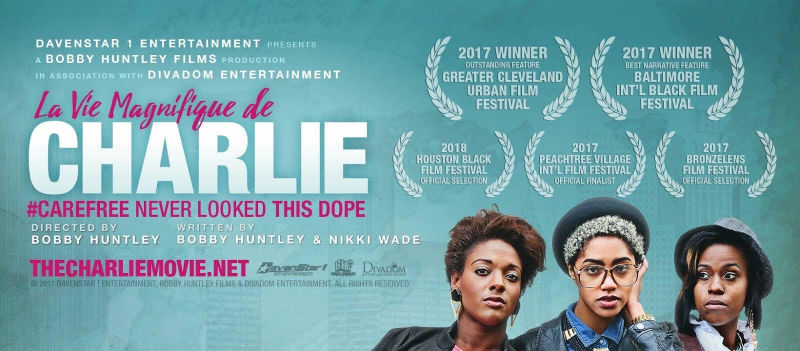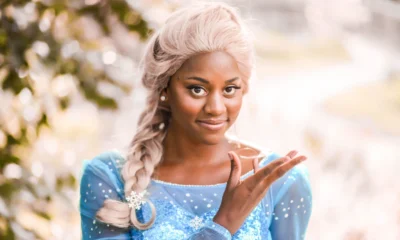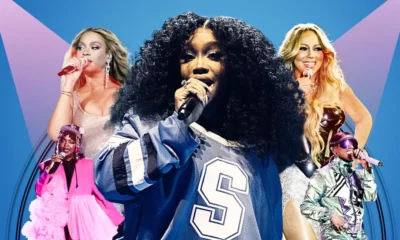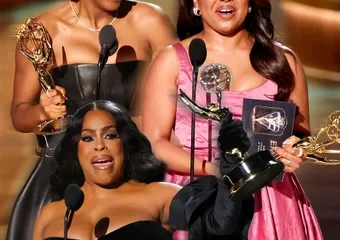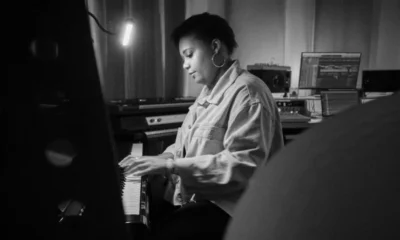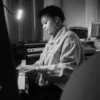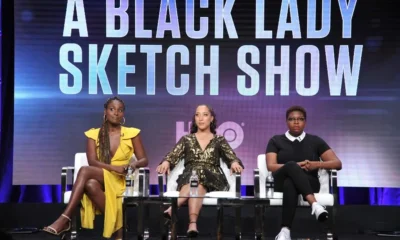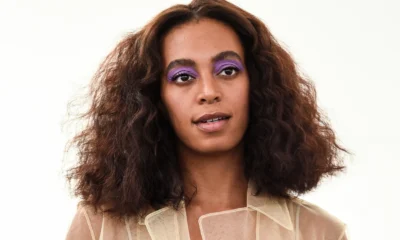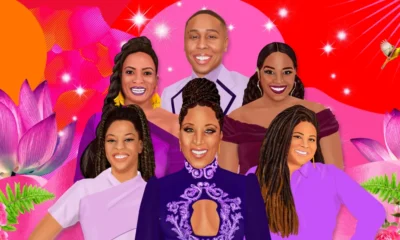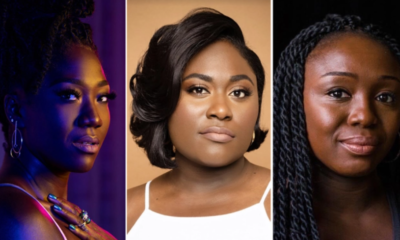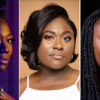Black Women in Entertainment
For, By and About Black Women: Charlie is a Reflection of How We all Deal Differently With Grief
What happens when you lose the person you care about the most? How do you deal with that grief? How does it express itself? How does it change you, and how does it keep you the same? How do the bonds of sisterhood hold us together?
These are the questions Charlie answers and more.
We catch up with the title character just after she has lost her beloved sister, Brandy. She is treading water and drowning at the same time as she works to process her loss and stay afloat.
Everyone around her notices the changes she is going through, and in as much as her friends want to help her and keep her on the right track, they understand that they have to just be there for her and let her go through it.
“When you love yourself, you love me too, because the best of me is inside of you.” These words from Charlie’s Nana Liza are the mantra the push the movie forward and keep the fabric of Charlie’s relationships with her friends Kayla and Keturah (aka pandakitty) woven together seamlessly.
Every woman in this film has a relatable quality that we will recognize in the women we know and even ourselves. From the straightforward, tell-it-like-it-is attitude of Kayla to the sexually liberated, unapologetic personality of Keturah, there is something there for all of us.
When co-writer, producer and director Bobby Huntley II conceived of this film, he told The Root he wanted to show black women going through something that is real life without it being heavy with trauma and drama, and without it beating the audience over the head.
“Why don’t we deal with something everyone deals with — the death and grieving process and treat it in a way that people are able to walk to away from it still feeling good in the end,” Huntley said.
Co-writer and producer Nikki Wade agreed. “We don’t see a lot of movies that celebrate the camaraderie of black women,” she said.
Wade and Huntley came together after having previously worked together on a fan-made trailer that went viral two years before the New Edition movie on BET. Huntley approached Wade when he decided he wanted to make a movie that celebrated black women. They brainstormed about what they wanted to put together, drawing inspiration from stories Wade had already told as well as what both of them wanted to see from black women and millenial women.
The film was beautiful shot by cinematographer Lakisha Hughes, a black woman. The main cast was all black women. Huntley felt it was important to have black women both in front of and behind the camera.
“It’s just about representation. You want to make sure everyone is represented, especially if you are telling a story about a particular group of people, make sure the people who are telling the story are heavily involved and invested from top to bottom,” he said.
Wade added, “Sometimes filmmakers will try and do everything and won’t stay in their own lane, and Bobby is really good about consulting. He’s not a woman, so he did a good job of making sure he got the opinions and outlook from women and women’s perspectives. It’s very easy for someone to try and write from our perspective and make it sound good, but he didn’t want to do that.”
That vision is reflected in the casting as well.
Kortnee Price, Nikki Lashae, Ashley S. Evans and Lailaa Brookings portray Charlie, Keturah, Brandy and Kayla respectively. They each brought something of themselves to the characters they played.
Price told The Root, “It was really interesting and almost eerie how much I related to her.”
Price lost her father a few years ago and was able to connect to the loss aspect of Charlie’s character. She coped with her father’s death in an unorthodox way that made her family worry — much like Charlie’s friends worried about her.
“Every situation you see Charlie go through, you will see her always looking for a distraction. In her intellectual life, in her art — she’s still the type of person who does have to find that distraction,” Price said. “It’s hard for her to completely and 100 percent acknowledge her truth.”
Price said all of Charlie’s qualities represented her. “She was made for me,” she said.
Lashae wasn’t immediately sure was the right one to play Keturah. She told The Root, “I said ‘I don’t know if I can pull this off.’”
For her, playing the role was a moment of discovery. Playing Keturah …
Please read original article- For, By and About Black Women: Charlie is a Reflection of How We all Deal Differently With Grief



